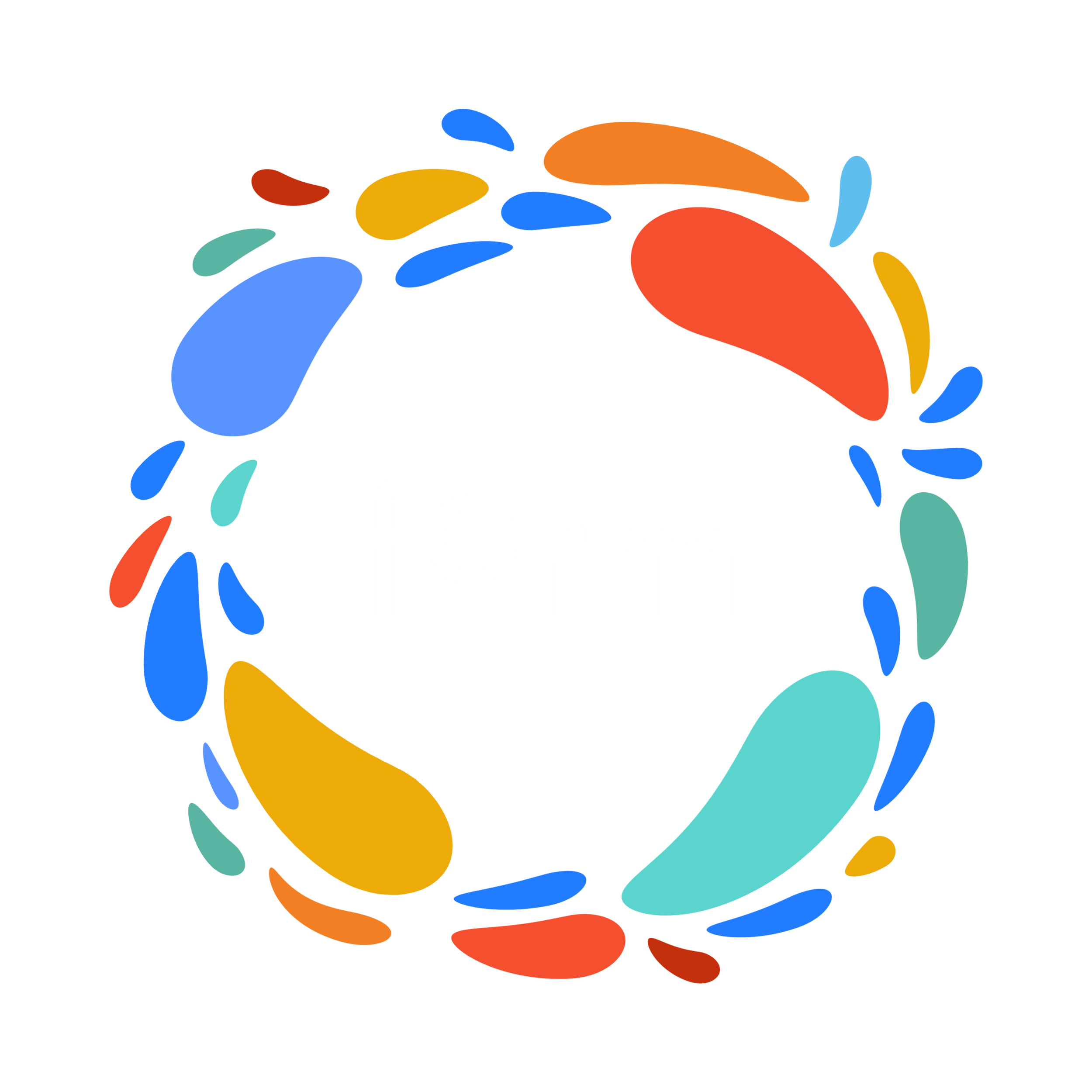Meet Rob Stephenson
🐙 TEDx Speaker, Mental Health Campaigner, Keynote Speaker, Facilitator, CEO of FormScore ®, Founder of the InsideOut LeaderBoard ®
When I was 30… I was diagnosed with bipolar disorder. Looking back, I can see signs of this condition from my late teens to my 20s.
The depression kept me locked away. It made me think I was anti-social and didn't want to be around people. It took me on an emotional rollercoaster, that included highs (mania or hypomania) and lows (depression), which resulted in making bad decisions and taking uncalculated risks.
At the time, I just thought I was different, which I was. It never occurred to me that I might have a mental illness.
As my 30th birthday approached I was spending an increasing amount of time unable to go to work, unable to do my job, and unable to function. My wonderful boss at the time persuaded me to seek some help in relation to my mental health and it was then I was diagnosed with depression, which later became a Bipolar II diagnosis.
At this time, I experienced a sense of elation, in that, I believed the medical profession could ‘fix me’ by giving me a pill and some therapy. And this worked for a while... But six months later, the depression came back with an overwhelming feeling of hopelessness and a sense of futility. After this, my story got a little darker because that loss of hope led me to believe that I will always be in a state of deep depression. When I was 31, I tried to end my life.
With the love of close friends and family, aided by therapy and medication, I learned to manage my condition. I learned that prioritizing exercise, sleep, and social connections, is what helps me stay well. However, due to the stigma of mental illness in our society, I was managing my condition under the radar, with only the closest friends and family knowing about it.
In 2017, after seeing people in the UK being more open about mental health, I decided to share my story. And the reaction to that story changed my life. I started to understand how many people experience a mental health challenge but do so in silence because of the stigma. At this point, I became a campaigner, passionate about inspiring the creation of mentally healthier workplaces and societies.
At the core of my work as a campaigner is the InsideOut LeaderBoard, which showcases senior workplace leaders, who are open about the fact that they have a mental health challenge. The result of their openness contributes to normalising the conversation about mental ill-health and smashing the stigma.
FormScore, is derived from a tool that was given to me by a therapist, many years ago, as a means of tracking how I feel about my mental wellbeing, using a score out of 10. This tool has been invaluable to me over the years in helping build up the literacy as to what is driving my mental health. In 2019 as a campaigner, I decided to start publishing my score on my email signature and LinkedIn profile on a daily basis. The reaction to this was staggering, with people showing support, curiosity, and connection, facilitated by this very simple way of describing how we are feeling.
The reaction inspired me to organically evolve this simple tool into a mobile application that facilitates connection, based on our score. That’s when FormScore was born. The app helps us keep track of our form, connect with trusted colleagues, friends, or family members, and have visibility of each other’s scores. This works as a gentle nudge to connect with each other, celebrate when we are riding high, be there when they are feeling low, and should be needed, encourage them to seek professional support.
FormScore is designed to solve some fundamental problems around how we think and act about our mental health. We all have the capacity to support each other’s mental wellbeing - FormScore helps us know when to reach out.
It gives us a new language to communicate how we feel with the score out of 10 and a simple means of sharing this score with people we trust.
Our aim is to help people build literacy as to what is driving their mental wellbeing, whilst also inspiring communication, connection, and support amongst our peers.
We all have mental health. We all have Form.
We invite you to Notice, Connect with and Support each other.
Maximizing Performance by prioritising Employee Wellbeing
Discover what is driving the Wellbeing, Effectiveness, and Commitment of your team, in real-time, and equip them with the tools to perform at their best.


